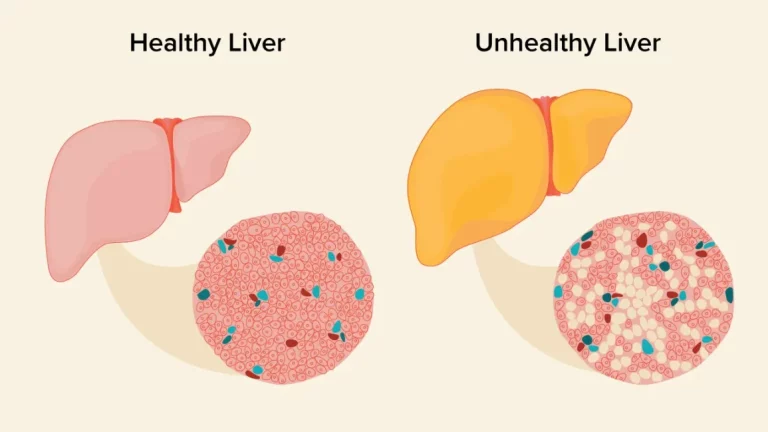The Liver Health Checkup is a detailed examination designed to assess the health of your liver. This checkup helps detect liver conditions early, prevent liver-related complications, and monitor the impact of lifestyle factors, medications, and any underlying conditions on liver function. The liver plays a central role in detoxification, metabolism, and digestion, making regular checkups crucial for overall health.

Common Symptoms Leading to a Liver Health Checkup
Symptoms that may prompt a liver health checkup include:
- Fatigue and Weakness: Chronic liver conditions can cause ongoing tiredness.
- Jaundice: Yellowing of the skin or eyes, which may indicate high bilirubin levels.
- Abdominal Pain and Swelling: Pain in the upper right abdomen or abdominal swelling can signal liver issues.
- Dark Urine and Pale Stools: These may indicate bile duct blockages or liver dysfunction.
- Nausea and Loss of Appetite: Liver dysfunction can affect digestion and lead to these symptoms.
- Unexplained Weight Loss: Often associated with more advanced liver disease.
Early detection is vital because liver disease may not produce noticeable symptoms until it has advanced significantly.
Risk Factors for Liver Disease
A Liver Health Checkup is beneficial for individuals with risk factors for liver disease, including:
- Excessive Alcohol Use: A leading cause of fatty liver disease, alcoholic hepatitis, and cirrhosis.
- Obesity and Poor Diet: Excess fat can accumulate in the liver, leading to non-alcoholic fatty liver disease (NAFLD).
- Diabetes and High Cholesterol: These metabolic conditions can increase the risk of liver disease.
- Family History of Liver Disease: Genetic factors can play a role in liver health.
- Chronic Hepatitis Infections (B or C): These viral infections can lead to chronic liver disease and cirrhosis.
- Certain Medications: Long-term or high-dose use of some medications can strain the liver.
Benefits of a Liver Health Checkup
- Early Detection of Liver Conditions: Early diagnosis allows for timely intervention, helping to prevent complications and progression to more severe liver disease.
- Improved Management of Chronic Conditions: Liver health is essential for people with conditions like diabetes, hypertension, and high cholesterol, as it affects overall metabolic health.
- Monitor Lifestyle Impact on Liver Health: Assessing liver function regularly can help track the effects of diet, exercise, and lifestyle choices.
- Guided Treatment and Management: Regular monitoring helps adjust treatment plans for those on medication with potential liver side effects.
Preparing for Your Liver Health Checkup
Preparation steps can vary slightly depending on the tests included in the checkup, but general guidelines include:
- Fasting: You may be asked to fast for 8-12 hours before your blood tests to get accurate liver function results, especially for tests measuring glucose and lipid levels.
- Hydration: Staying hydrated is essential, especially if you’re having an ultrasound.
- Medication Disclosure: Inform your healthcare provider of any medications or supplements you take, as some can impact liver health results.
What to Expect During the Liver Health Checkup
-
- You’ll lie on an examination table, and the sonographer will apply gel to your abdomen to obtain images of the liver and surrounding organs.
- The scan is painless and takes about 15-20 minutes.
-
Blood Sample Collection:
- Blood is drawn from a vein in the arm. This sample is used to assess liver enzymes, bilirubin, and other markers.
-
Fibroscan (Optional):
- A handheld probe emits sound waves to measure liver stiffness, which can indicate fibrosis or cirrhosis. The test is painless and takes just a few minutes.
Interpreting the Results
The results of a Liver Health Checkup provide a comprehensive look at liver health and function:
- Normal Liver Enzymes and Bilirubin Levels: Indicate healthy liver function with no significant abnormalities.
- Elevated Liver Enzymes (ALT, AST, GGT): May indicate inflammation, fatty liver, hepatitis, or potential liver injury.
- High Bilirubin Levels: Could indicate liver dysfunction or bile duct obstruction, causing jaundice.
- Fibroscan Results: Results may show normal liver elasticity, mild fibrosis, or advanced fibrosis (cirrhosis).
Your doctor will explain the results in detail, recommending any follow-up tests, lifestyle adjustments, or treatments needed to maintain or improve liver health.
Taking Proactive Steps for Liver Health
A Liver Health Checkup provides valuable insights and allows for early intervention in case of abnormalities. Along with regular monitoring, consider lifestyle practices to support liver health:
- Maintain a Balanced Diet: Include liver-friendly foods like leafy greens, whole grains, and lean proteins. Avoid excessive fat, sugar, and salt.
- Limit Alcohol Consumption: Excessive alcohol is one of the main causes of liver disease, so moderation is key.
- Exercise Regularly: Physical activity supports liver function and helps prevent obesity-related liver conditions.
- Avoid Toxins and Unnecessary Medications: Reduce exposure to harmful chemicals and consult your doctor before starting new medications.



